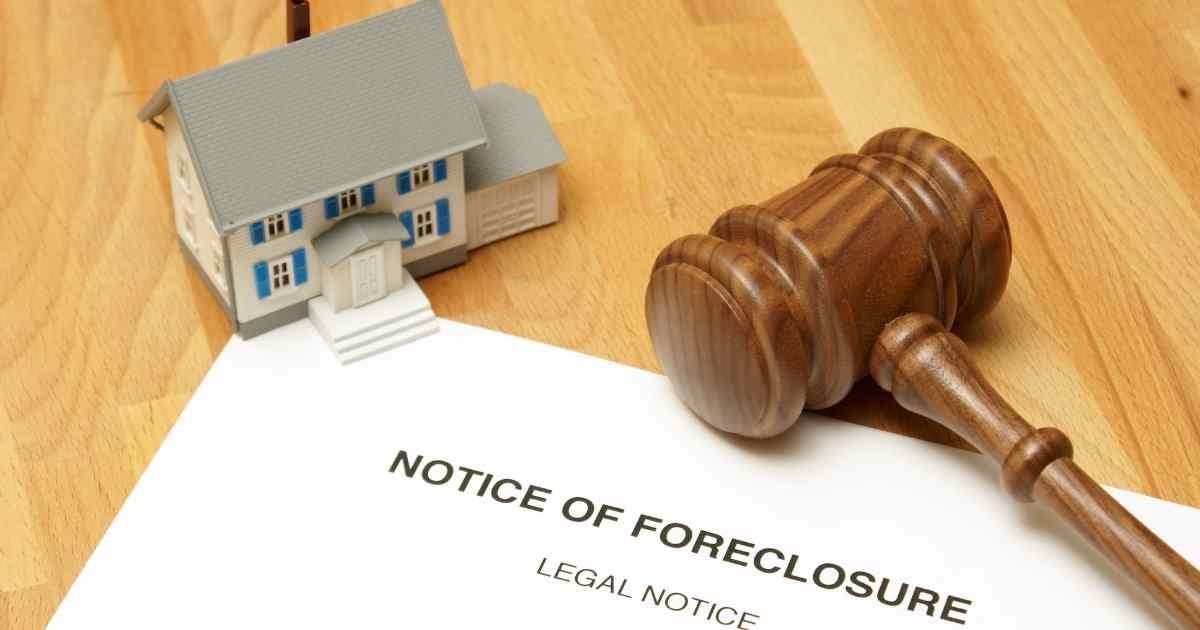Estate planning vs. will planning is an important distinction when someone desires to put their affairs in order.
Estate Planning vs Will Planning can significantly impact your heirs when the time comes to divide and/or transfer assets. They can also give the person signing the will peace of mind that a trusted entity will take care of their property and finances.
Will planning can be a part of an overall estate plan or a standalone plan to assign fiscal ownership/inheritance of one’s financial affairs.
Estate planning, by contrast, is a comprehensive plan that encompasses the financial and legal responsibilities outlined in the will. It also goes beyond this to address issues of ownership and/or transference surpassing the financial scope.
An estate plan can also include decisions that the government requires before death. These decisions can include healthcare power of attorney or specific care of your home. An estate plan can sometimes be used as a ‘living will’ and addresses matters both during life and upon death.

Contact Fausett at 630-858-0090
What is estate planning?
Estate planning is a comprehensive approach to property and financial management. It can apply to a testator’s (the person signing the will) life, death, or both.
An estate is a series of documents that outlines how others will manage the property, assets, investments, vehicles, artwork, and debt when the testator is no longer able. Estate plans usually include a will, a trust, charitable donations, and more.
What is will planning?
Will planning is an important step to take to ensure the desired distribution of one’s financial and legal responsibilities.
This step can include business endeavors, children/guardianships, and acquired stocks and finances. As mentioned above, a will can be a standalone document that directs financial decisions upon death. A will can also be one piece in a more comprehensive estate plan.
What are the different types of wills?
There are many different types of wills. Your estate lawyer will determine the one that works best for you and your assets.
We’ve outlined the four most common types of wills to help reduce stress and confusion when choosing a will. The four main types of wills include:
- Simple Will – This will, as the name implies, is straightforward in nature. The process involves designating an heir(s) to your assets and naming a guardian for any minor children.
- Testamentary Trust Will – A will most commonly used in the event of minor children or the desire to place conditions upon the inheritance. This will is another standard option used in will planning.
- Joint Will – A will including two or more signees. Individuals use this will for marriages in which one transfers the entirety of one’s assets to the spouse. The conditions of this will are rather inflexible. This inflexibility can potentially cause issues for the living spouse if their conditions change.
- Living Will – This type of will involves appointing someone to make decisions on your behalf. These decisions include healthcare, medical treatments, and more.
Determining the best type of will for yourself, your assets, and your heirs is a conversation that an estate planning attorney can help guide you through.
What is the role of an estate planning attorney?
An estate lawyer can be beneficial in terms of the paperwork needed to solidify your wishes. They can also serve as a guide when making financial decisions that may be affected by tax laws and other laws and regulations.
A qualified estate planning attorney can advise you on what types of wills your state recognizes, as well as the states in which your heirs reside.
At the Law Offices of Lora Matthews Fausett, our team of experienced attorneys has helped those in the Chicagoland area plan their wills and estates for 16 years.
We have experience in a comprehensive list of will and estate planning, including letters of office, living trusts, living wills, power of attorney, probate, trusts, and more. View our comprehensive list of estate expertise here.
To learn more about how we can help with your family’s financial security, legal navigation, and asset management, give us a call at (630) 858-0090 or fill out our contact form.
Disclaimer
Advertising Material: To the extent that individuals interpret the information on this Facebook profile page as attorney advertising according to the Illinois Rules of Professional Conduct or within the meaning of state bar rules from all other localities, this statement is made pursuant to those rules.
Specialties: Illinois Supreme Court Rules prohibit specialization claims. Likewise, we do not claim to be specialists. The content of this e-mail is organized and presented for the sole purpose of general information. Therefore, individuals should not construe any of the included content as legal advice. Viewing this e-mail or e-mailing the account holder does not create an attorney-client relationship. NOTICE: This page may be considered advertising material.







